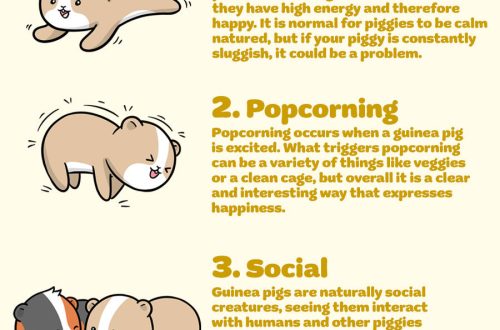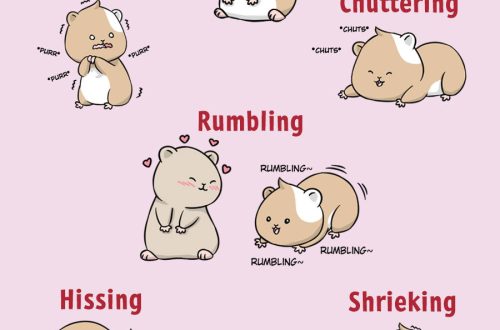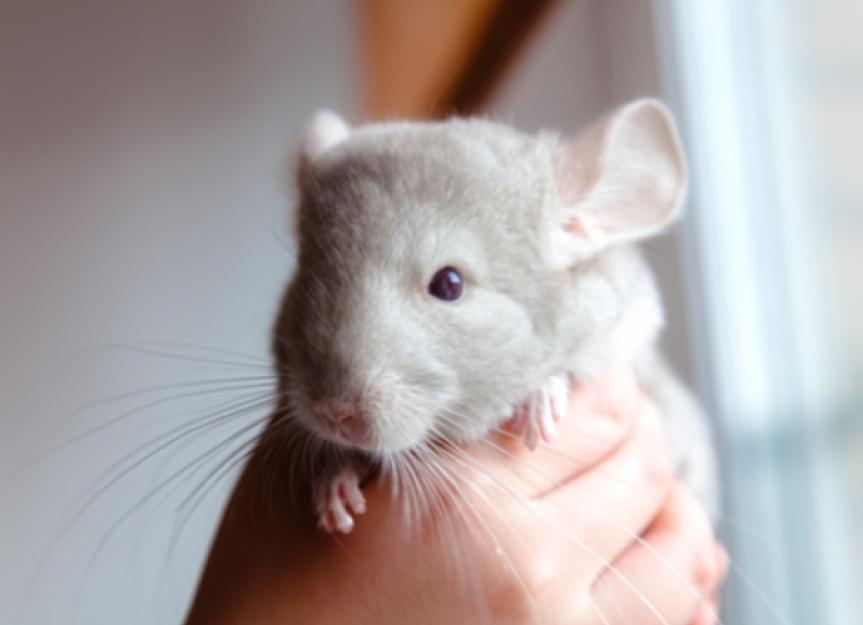
Why does a chinchilla go bald?
Does a chinchilla shed its fur? Have you noticed bald spots on your body? What is it: seasonal molting, hormonal surge or disease?
Let’s start with the main one. Unlike dogs and cats, chinchillas do not shed. At least in the usual sense of the word.
At the age of one year, the chinchilla’s children’s fur coat is replaced by an adult one, and the animal’s hairline is also updated every day, like a person’s. But molting, when the old wool falls out in shreds, and a new one grows in return, chinchillas do not.
If you notice that the pet has become bald, you need to urgently contact a specialist. Hair loss is a sure sign that something is wrong with the chinchilla, and the sooner you fix the problem, the better. In the meantime, let’s go over the main causes of hair loss so that you are on the alert and can prevent this trouble.
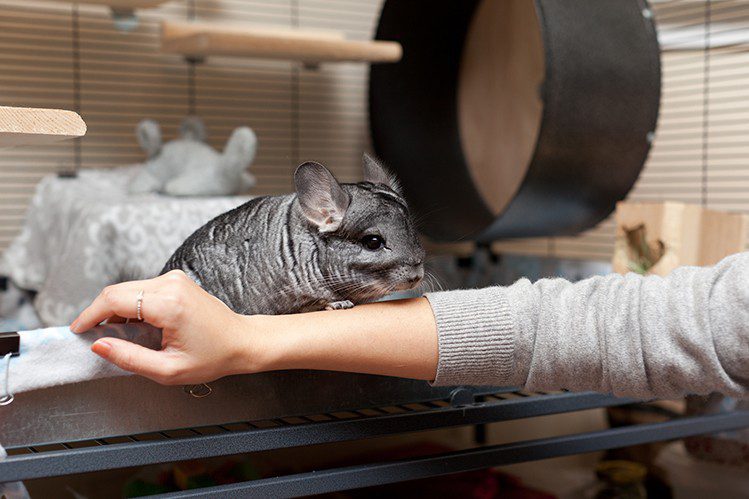
- Stress
Stress is the main cause of chinchilla hair loss. Almost always, when it comes to hair loss, it is he who is to blame.
When a chinchilla experiences extreme anxiety, its body interprets it as a threat to life. In order to survive, he “turns off” “unnecessary” organs and protects the primary ones – those without which it is impossible to survive. The body nourishes the skin and hair last, so the hair begins to fall out.
What to do?
Find the cause of stress and eliminate it. Get checked out by a veterinarian. Usually, after the cause of stress is eliminated, the hair stops falling out after a few days.
- Lack of vitamins and minerals
Monotonous, poor-quality or inappropriate nutrition leads to an imbalance of substances in the body. The skin and coat do not receive sufficient nutrition and cannot cope with their function. The coat becomes dull, brittle and falls out.
What to do?
Adjust your diet. If necessary, introduce vitamins (only in consultation with the doctor).
- Incorrect containment conditions
Wool may fall out due to inappropriate temperature conditions. The optimum temperature for chinchillas is 16-20 degrees. If the rodent becomes hot, it begins to shed its hair.
A cramped cage, lack of exercise, boring leisure and lack of attention can also lead to hair loss.
- Skin diseases, allergies
With these diseases, as a rule, hair loss is combined with a modification of the skin in the form of irritations or spots. The most common problems are dermatitis, lichen, food allergies.
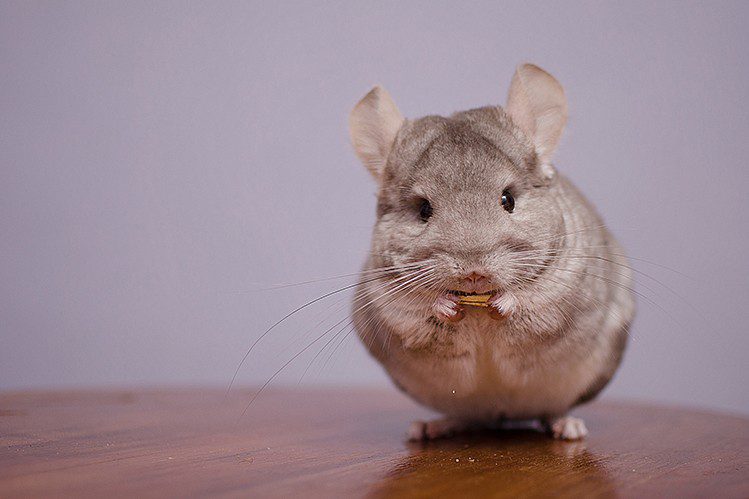
What to do?
Contact your veterinarian for diagnosis and treatment.
- Parasite infestation
Internal (helminths) and external (eg, fleas) parasites are another cause of hair loss. Worm infestation weakens the immune system, because of which the animal may begin to lose hair. And the bites of external parasites give the pet such discomfort that he himself begins to bite and pull out the hair.
What to do?
Carry out antiparasitic treatment as prescribed by a veterinarian.
- Diseases of the internal organs
Sometimes the cause of baldness is hidden deep inside. Hair loss in a chinchilla can be one of the symptoms of chronic or developing diseases that the owner may not be aware of.
What to do?
Take your chinchilla to a veterinarian for a checkup.
Take care of your pets, and let their fur coat always be shiny!



